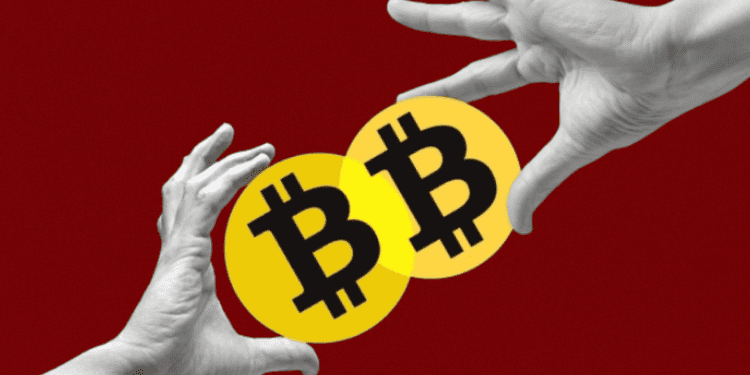- Fake SEC Twitter post falsely claimed approval of spot bitcoin ETF, causing bitcoin price to spike from $45,300 to $47,950 and then crash back down
- SEC Twitter account compromised and post was fraudulent, no spot bitcoin ETF actually approved by SEC yet
- Highlights sensitivity of bitcoin price to potential crypto regulation news and ongoing risk of fake announcements on social media
The price of bitcoin saw a dramatic rise and fall on Tuesday afternoon after a fraudulent post on a major regulator’s social media page. This rewritten blog post structures the key information from the original post.
The Fake Post That Caused Chaos
At 4:11 pm ET on Tuesday, a fake post was published on the US Securities and Exchange Commission’s (SEC) Twitter account. The post falsely claimed that the SEC had approved a spot bitcoin exchange-traded fund (ETF).
The fake tweet read: “Today, the SEC grants approval for Bitcoin ETFs for listing on all registered national securities exchanges. The approved Bitcoin ETFs will be subject to ongoing surveillance and compliance measures to ensure continued investor protection.”
The post also included a fake quote attributed to SEC Chair Gary Gensler stating approval “enhances market transparency and provides investors with efficient access to digital asset investments within a regulated framework.”
However, The Block has confirmed this post was fraudulent and the SEC Twitter account had been compromised.
Bitcoin’s Price Reacts Violently
Following this fake announcement, bitcoin’s price spiked from around $45,300 to $47,950 before crashing back down to $45,285 within minutes, according to The Block’s BTC Price Page.
At the time of writing, bitcoin is changing hands around $45,881 as of 4:38 pm ET, still feeling the effects of the fake news.
The SEC has yet to officially approve a spot bitcoin ETF in the United States. This incident demonstrates the sensitivity of bitcoin’s price to major potential regulatory decisions around crypto assets. It also highlights the ongoing risks of social media account compromises and fake announcements.














